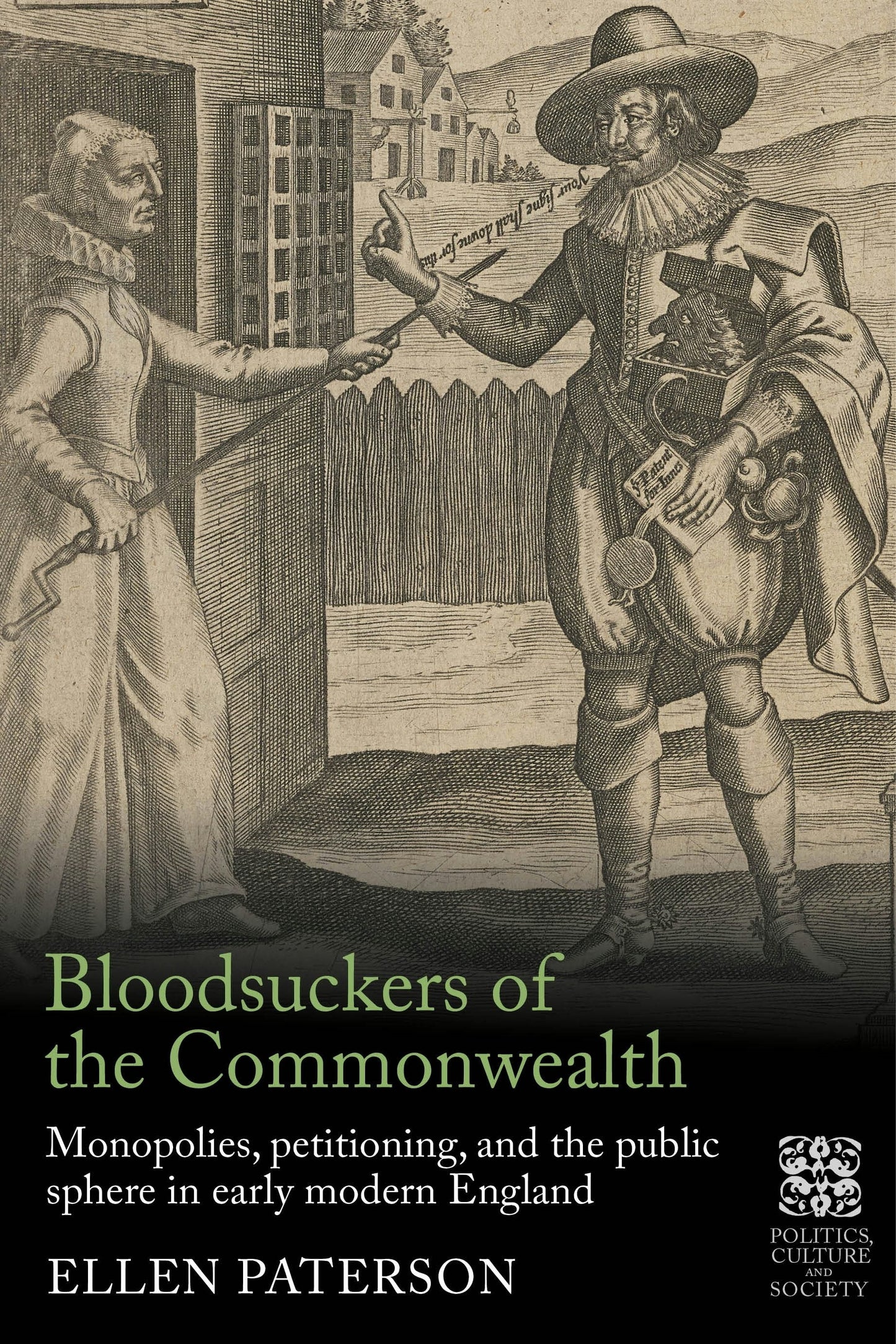We're sorry. An error has occurred
Please cancel or retry.
Bloodsuckers of the Commonwealth

Some error occured while loading the Quick View. Please close the Quick View and try reloading the page.
Couldn't load pickup availability
- Format:
-
16 September 2025


HISTORY / Europe / Great Britain / Tudor & Elizabethan Era (1485-1603), HISTORY / Europe / Great Britain / Stuart Era (1603-1714), BUSINESS & ECONOMICS / Economic History, Economic history

Introduction: ‘The courtiers craved all, the Queen granted all’
1 The politics of trade: corporatism, monopolies, and protest
2 Petitioning the City and the Crown: the 1590s
3 Petitioning the new King: contesting corporations
4 Petitioning Parliament
5 Petitioning commissions: economic crisis and the making of trade policy
Conclusion: economics, politicisation, and the public sphere



